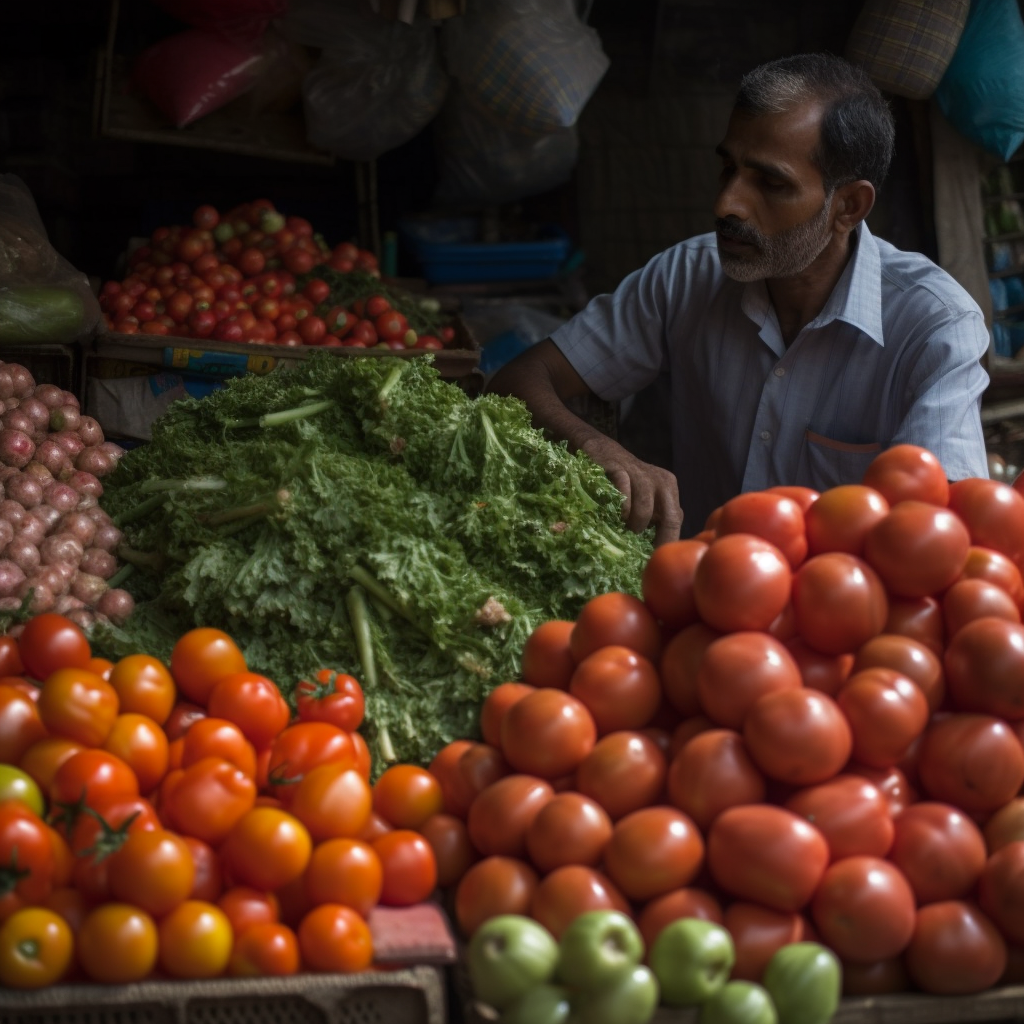October 2, 2023
Global Food Crisis – Impact on Household Affordability
Book a Demo
Global households are currently shouldering the harsh impact of unaffordable staple food items due to export restrictions imposed by several countries in an attempt to safeguard their own food supplies. This development is not isolated, as numerous factors are contributing to the imposition of these export restrictions, which include the Ukraine war, El Nino’s threat to food production, and the ongoing effects of climate change.
The effects are palpable in countries like Kenya, which has witnessed a triple hike in onion prices due to export limitations imposed by Tanzania. The prices of other necessities, such as cooking oil and corn flour, have also escalated, adding to the financial burden of households.
According to the International Food Policy Research Institute, there are currently 41 food export restrictions affecting 19 countries. These range from outright bans to taxes, which have a direct impact on the availability and affordability of food in these regions.
Climate change is exacerbating food supply issues by impacting crop yields and causing extreme weather events. These natural disruptions to the food supply chain are worsening an already dire situation created by human-imposed restrictions.
Countries that are heavily dependent on food imports, such as the Philippines, are the most vulnerable in this scenario. Rising food prices are affecting not only consumers but also businesses, creating a ripple effect that threatens to destabilize entire economies.
Globally, food prices are surging due to the combined effects of climate change, El Niño, and export limitations imposed by various countries. This has caused significant disruptions in the international food market, making it difficult for countries to secure their food supplies.
The International Food Policy Research Institute suggests a multi-faceted approach to counter these issues. This includes enhancing agricultural productivity, improving food storage and transportation, and creating more efficient markets. By addressing these areas, countries can work towards a more stable food supply, mitigating the effects of both human-made and natural disruptions.
In these challenging times, it is crucial for countries to come together to ensure food security for all. The current crisis underscores the importance of international cooperation and the need for sustainable solutions to global food supply issues.



